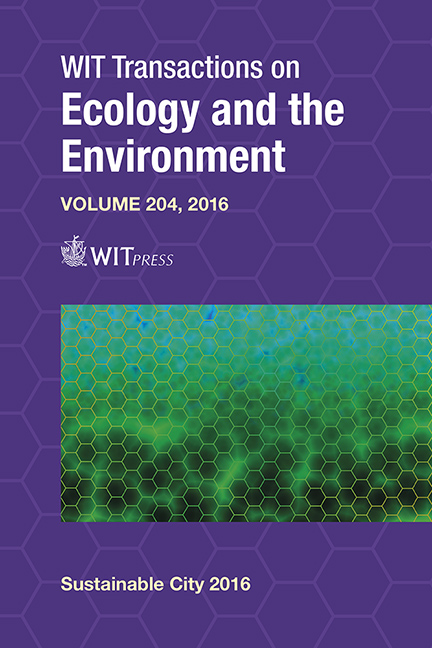The Increase Of Popular Participation In The Master Plan Review In Osório City, South Brazil
Price
Free (open access)
Transaction
Volume
204
Pages
11
Page Range
275 - 285
Published
2016
Size
282 kb
Paper DOI
10.2495/SC160241
Copyright
WIT Press
Author(s)
A. Oliveira
Abstract
This paper aims to socialize the increase of popular participation in the master plan review in Osório. Located in the state of Rio Grande do Sul, in Brazil, Osório is 157 years old, 663 Km2 and has about 42,000 inhabitants. Its area covers a waterfront strip, coastal plain with 23 lakes and Serra Geral hills, on the side of Riograndense Plateau. By its geographical position, the city is an important touristic road junction and production flow. Such features configure environmental fragility subject to urban expansion in warming in the country. Since 2006, the municipality has had a master plan. Established by law, the text is based on the City Statute (Federal Law) and established parameters for public policies and soils use and occupation with community participation. For this, the plan provides a maximum of 8 years deadline to be reviewed and it is, currently, in this process. Since its implantation, the Law has had two changes (in 2008 and 2013), and a small revision (2011). The proposals came either from the public power or society, entrepreneurs and ordinary people, isolated or in groups, but the centralized public audiences had a weak participation. Nowadays, two chambers act permanently in the master plan: the Technical Organ and Council. The Technical Organ is composed of public server technicians and analyses the weekly demands, which are, afterwards, evaluated by the Council composed of administration members and society members. In the current review, the previous hearings accomplished in the municipality district and places which present peculiarities in relation to urban expansion increased the number of members seven times. There was a deadline for free changes proposals enrollments, and all these suggestions were evaluated by the Technical Organ, Council and Mayor. The result will be presented in a new hearing, whose record will define a more participative Law Project to the Municipal Legislative.
Keywords
master plan, territorial planning, urban management, city democratic management, popular participation





